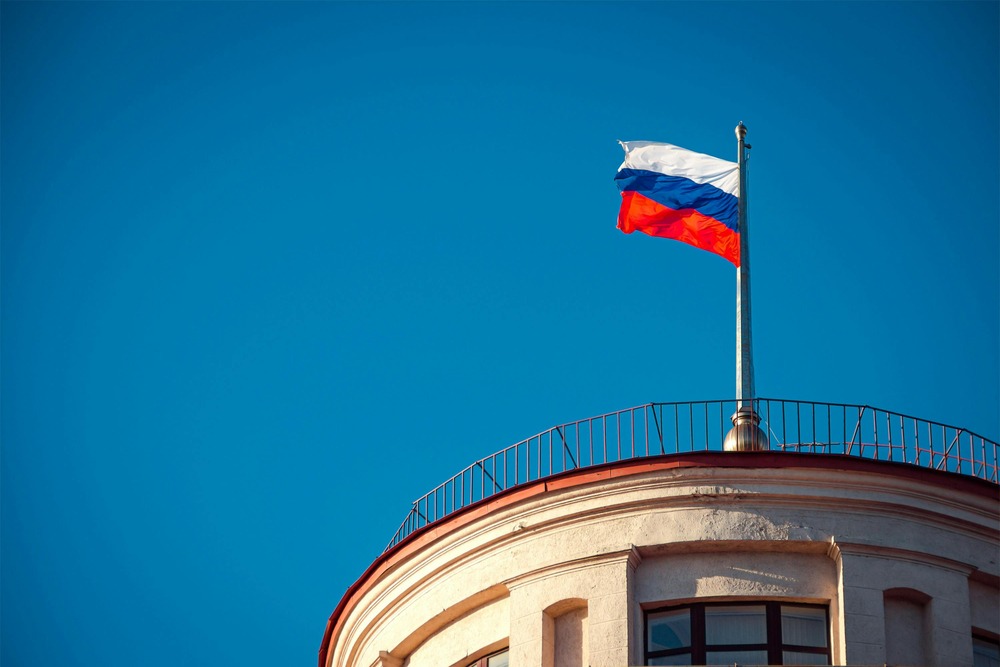The Russian government has announced the development of new methods to facilitate the conversion of bitcoin (BTC) seized in criminal cases into cash for the Treasury. Dmitry Aristov, head of the Federal Bailiff Service (FSSP), stated that existing legal precedents could assist in the sale of BTC, but he emphasized the necessity for further legal clarity.
Russia to Convert Seized BTC to State Funds
This initiative to establish a legal framework for selling confiscated bitcoin arises from a notable bribery case involving Marat Tambiev, a former official who accepted a bribe of 1,032.1 BTC, valued at approximately $28 million at the time. Tambiev has been sentenced to 16 years in prison and fined 500 million rubles, which is roughly $5,916,831.92.
Despite the conviction, Russian officials faced challenges in confiscating and selling the digital assets, prompting the need for a clear legal framework. Russia’s Federal Bailiff Service, led by Aristov, is spearheading the effort to develop a legal and operational mechanism for converting seized bitcoin into state revenue.
Regulatory Framework Hits Roadblock
However, Aristov noted that a comprehensive solution for the confiscation of crypto assets is yet to be finalized. He urged lawmakers to formally define the status of bitcoin and other cryptocurrencies within the Russian legal context.
In 2020, Russia passed the Digital Financial Assets (DFA) law, which recognized cryptocurrencies as a form of property but prohibited their use as a means of payment within the country.
Moscow appears to be divided on the issue. Various ministries and numerous major industrial miners are in favor of regulating crypto exchanges and transactions rather than implementing restrictive bans similar to those observed in China. As such, a new challenge appears to be standing in the way of the kind of legal clarity the FSSP would like to see.
In the meantime, while Russia battles to rearrange its regulatory framework to suit its desires, Pakistan is taking strategic steps to adopt cryptocurrencies by establishing an accommodating regulatory framework. The move aims to attract international investors and create economic opportunities in the digital finance sector, similar to initiatives taken by several other countries.
The South Asian country wants to draw up a clear regulatory framework that will guardrail crypto trading platforms, tokenization, and Bitcoin mining and become a leader in blockchain-powered finance.
Find Cryptocurrencies to Watch and Read Crypto News on the Go Follow CryptosToWatch on X (Twitter) Now

